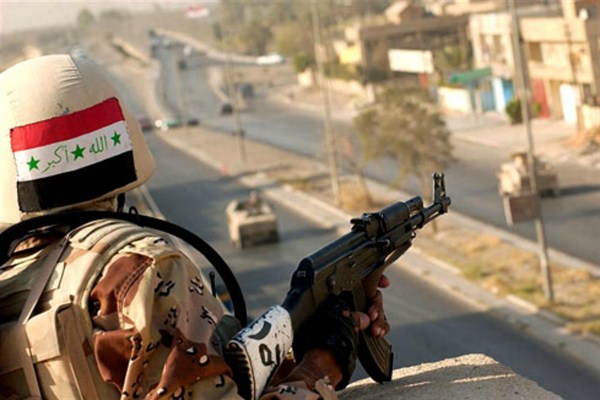The collapse of the Iraqi army as it faced an extremist onslaught shocked many Americans, particularly those who had worked hard to help create it. The $25 billion of American money and seven years of intense effort seemed wasted as four of Iraq's 14 divisions simply crumbled. In Washington, flustered policymakers and military leaders scrambled, searching for an effective response and trying to understand how the disaster happened. In the flurry of finger-pointing, pundits and politicians missed the bigger issue: The slow reaction to Iraq's failure is one more manifestation of a deep flaw in the way Americans think about security.
The failure to plan for battlefield defeat and strategic catastrophe is not simply a shortfall of the Obama administration but is ingrained in the American strategic culture. Because Americans are an inherently optimistic people, their national security professionals, whether in the military or other branches of government, never expect disaster and thus fail to develop techniques and capabilities needed to respond to one.
Take, for instance, military war games. While these cover a wide range of enemies, scenarios and locations, almost all follow the same pattern. They open with aggression of some sort against the United States or one of its partners. At first the enemy makes gains. But eventually the United States mobilizes its resources and national will, stops the aggression, then reverses it. Once the tide turns, it does so for good. In a broad sense, American strategy has institutionalized World War II, the "good war," into a universal model for major conflicts.

